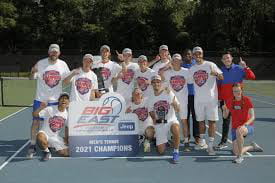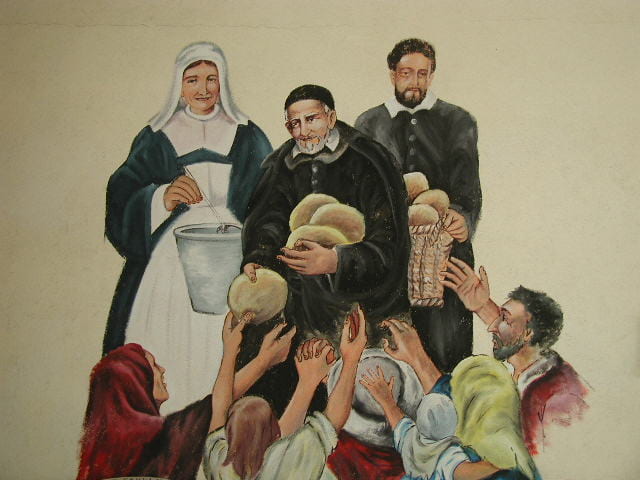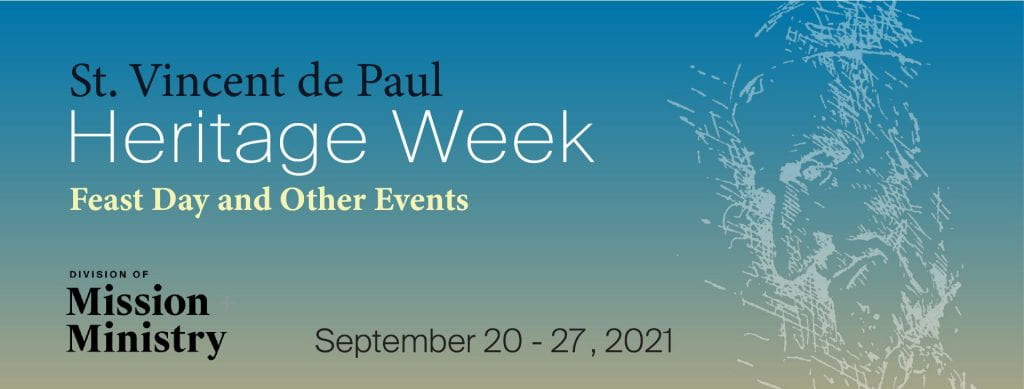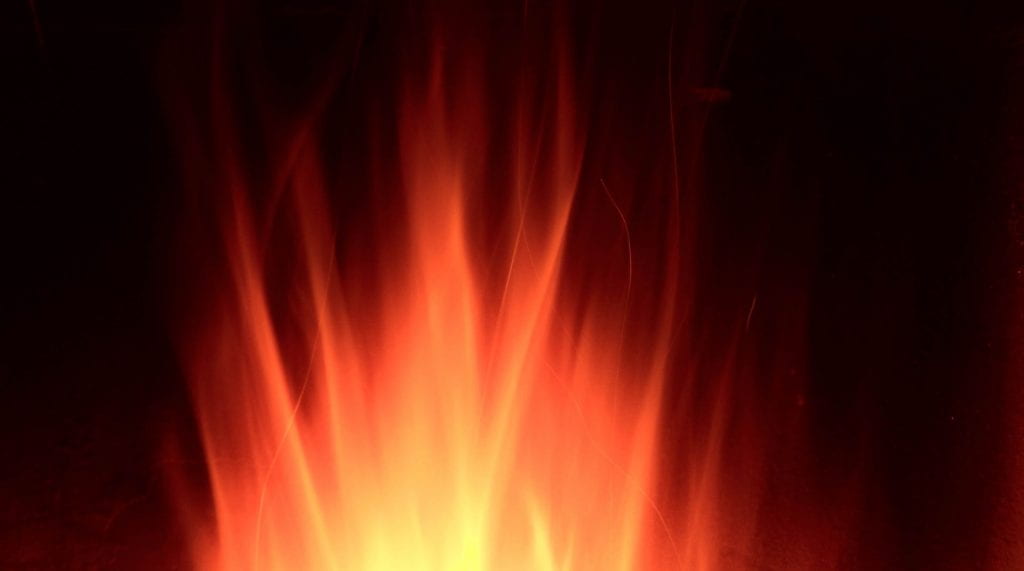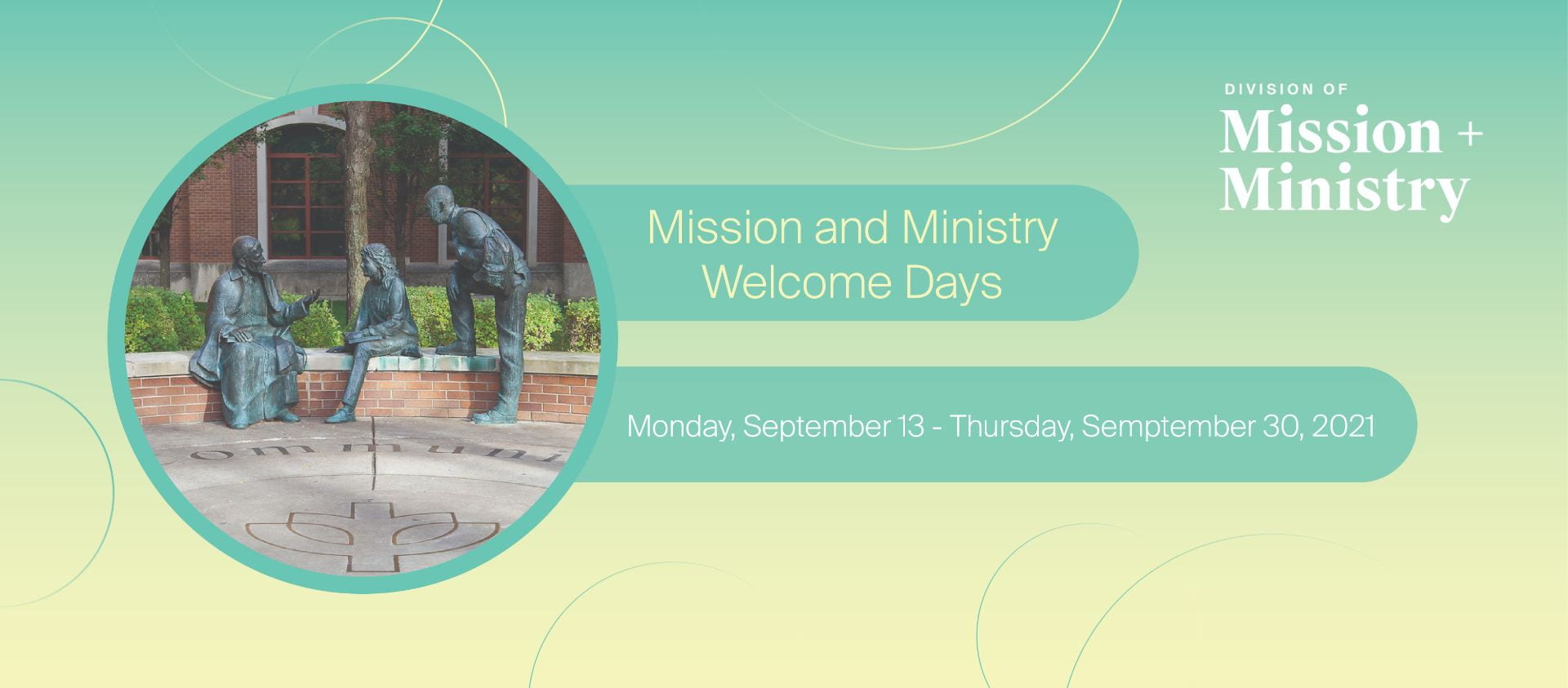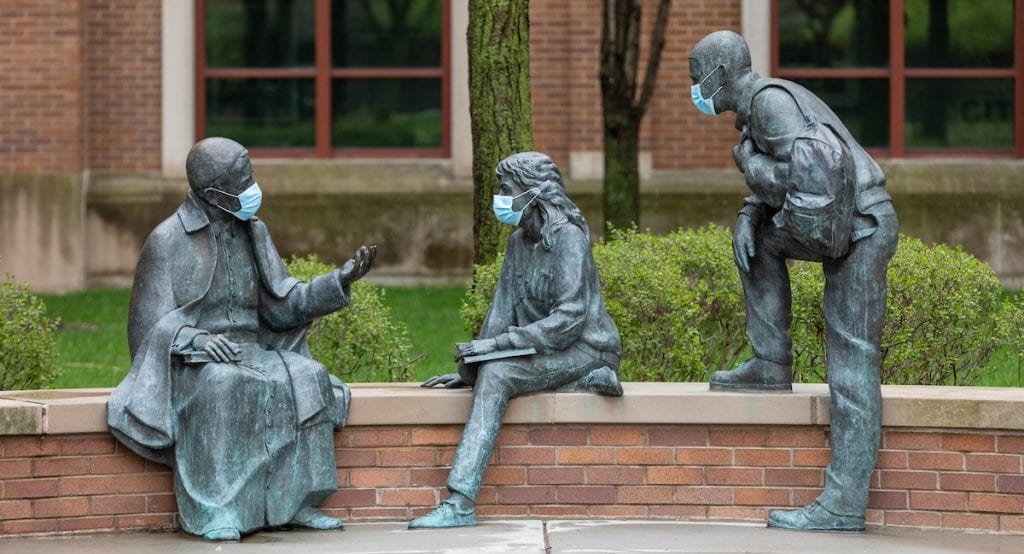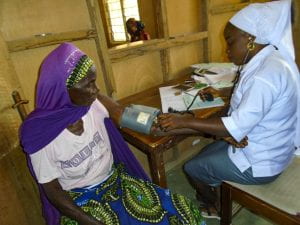“I received your letter yesterday; as always, it gave me fresh reasons for praising God. Still, it troubled me a little because, from what you tell me in your last letter, it seems to me you are suffering from something, although you did not state this clearly. Please share with me, Monsieur, your trials as well as your joys.”[1]
Moses (Peace be upon Him) is one of the most important figures in all three Abrahamic traditions,[2] and historically in American culture.[3] The Qur’an devotes more time to the life of Moses[4] than to any other person. In the Qur’anic telling, when Moses flees Egypt and the Pharaoh he arrives in Midian in a desperate situation. He hasn’t had anything to eat other than leaves, is physically drained and exhausted, and he remains deeply fearful that there are powerful forces seeking to capture and punish him. He is separated from all that was once dear and familiar. Moses comes across a large group of men watering their animals at a well, but his attention is drawn to two women who are said to be holding back theirs. Moses approaches them and asks “what is the matter?”[5] After they explain that their father is old and can’t come to the well, and that the men will not let them water their animals, Moses assists them and waters their animals himself. Moses then leaves to rest and pray to God, but this is the beginning of an unexpected blessing that will radically shift the course of his future.
Many of us have experienced, especially in times of loss, anxiety, or other suffering, the blessing of having someone listen to our story or to our feelings. In some cases they may be able to assist us in material ways. At other times, perhaps they can only accompany us in our grief or hardship. Either way, it often feels that sharing our burdens lessens them. This is what profoundly struck me in the excerpt above: “Please share with me Monsieur, your trials as well as your joys.” As Marilynne Robinson says in Gilead, “There’s a lot under the surface of life, everyone knows that.”[6] When we are able through words or actions, let those close to us know that they can share with us what is normally kept under the surface, their trials as well as their joys. This can be a powerful step towards creating real community. We strive to make DePaul more than just a workplace. We strive to create a community joined together for the sake of mission. Let us ask ourselves how we can be open to those around us, whether it be students we serve, those we supervise, or the fellow employees we encounter and work alongside.
There are many ways people respond to the brokenness of our world. One of the most memorable characters in literature is found in Charles Dickens’ Bleak House. Mrs. Jellyby fills her every moment with “work” towards an idealistic project in Africa, which she thinks will do enormous social good. Yet this project never comes to fruition. All the while she is ignoring the sufferings of those close to her, including her husband and her own children. In truly listening to the trials and joys of others, that which is under the surface, we begin to discern how we can best respond to those challenges that are within our sphere of influence. We see changes that can be made and realities that can be faced together.
For Reflection: Is there someone in your life with whom you can truly share your trials as well as your joys? Are there people for whom you provide that deep listening? What are some of the reasons we may be reluctant to share with others, or open ourselves to others sharing with us? How can we overcome these barriers to deeper community?
—
Reflection by: Abdul-Malik Ryan, Muslim Chaplain and Assistant Director of Religious Diversity and Pastoral Care, Division of Mission and Ministry
See also our past Mission Monday reflection “Being Fully Present” by Emily Lahood-Olsen, based on a quotation from Saint Louise de Marillac: https://blogs.depaul.edu/dmm/2019/10/21/being-fully-present/
We remind all of you that one of the ways you are invited to share with the DePaul community, whether sharing news of weddings, births, adoptions, or bereavements in your immediate family, is through the Newsline Family Events column: https://resources.depaul.edu/newsline/contact/Pages/life-events.aspx
You are also invited to share any requests for prayer with the Division of Mission and Ministry at: https://offices.depaul.edu/mission-ministry/religious-spiritual-life/Pages/Prayer-Requests.aspx
[1] Letter 1823, To Charles Ozenne, Superior, In Warsaw, 1 January 1655, CCD, 5:255.
[2] Judaism, Christianity, and Islam. As I remarked in a recent interfaith dialogue event about Moses, perhaps they could just as accurately (if not more so) be referred to as the three Mosaic faiths or traditions.
[3] Moses serves as one of the most popular superhero archetypes in popular culture and historically has been a touchstone for all Americans regardless of their political beliefs.
[4] In Arabic, Musa.
[5] Qur’an 28:22-24.
[6] Marilynne Robinson, Gilead (Farrar, Straus and Giroux, 2004), p. 6.

